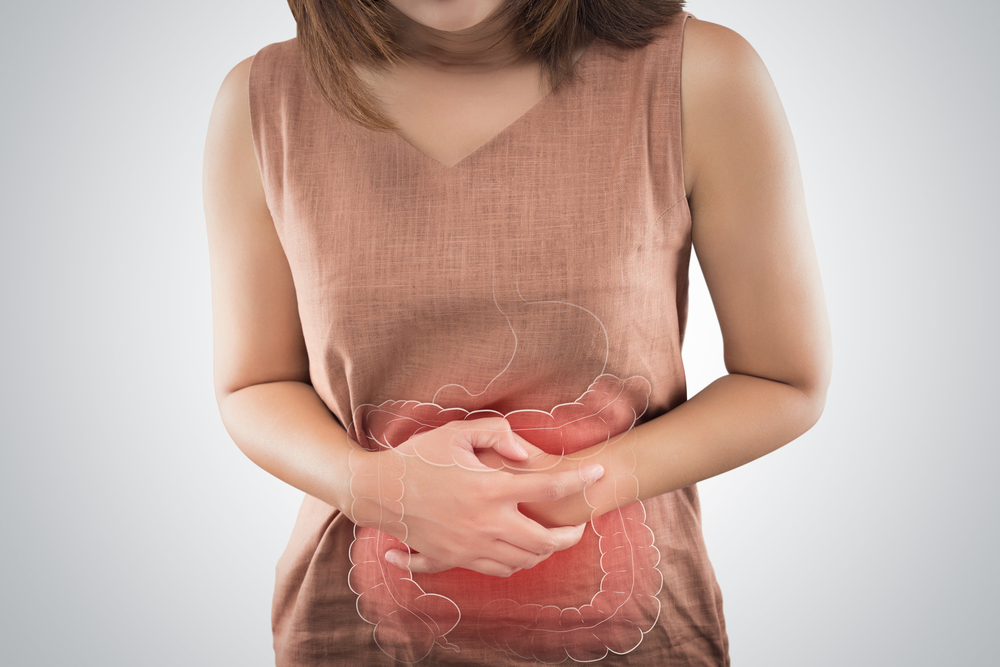Understanding the Causes Behind Colon Polyp Formation
This article explains the main causes of colon polyps, including genetic, inflammatory, hereditary, and lifestyle factors. It emphasizes the importance of screening and adopting healthy habits to prevent polyps and potential colon cancer. Early detection and removal are crucial for effective treatment and risk reduction.
Sponsored

A colon polyp is a small growth on the lining of the large intestine, typically harmless but with the potential to turn cancerous over time. These growths are classified into neoplastic and non-neoplastic types. Neoplastic polyps tend to be larger and carry a higher risk of cancer development, including adenomas and serrated polyps. Non-neoplastic types, such as hyperplastic, hamartomatous, and inflammatory polyps, usually pose less risk. Since polyps often lack symptoms, regular screening like colonoscopy is crucial, especially for those with a family history.
Early detection allows for effective removal of colon polyps. The key causes include genetic mutations leading to abnormal cell growth, inflammatory conditions such as Crohn’s disease and ulcerative colitis, hereditary syndromes like Lynch syndrome and FAP, and lifestyle factors like smoking, alcohol, and poor diet. Maintaining a healthy lifestyle—incorporating fruits, vegetables, and whole grains while limiting harmful habits—can reduce risk. Consulting a healthcare provider for personalized advice and genetic counseling is recommended if there is a family history.






